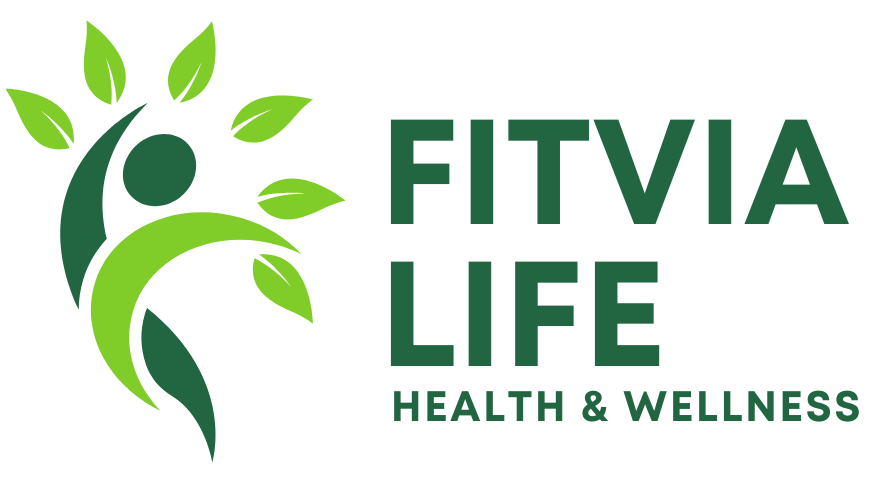Daily Habits to Strengthen Emotional Balance
In today’s fast-paced world, emotional balance has become a vital element of mental and physical well-being. Emotional balance refers to the ability to manage your emotions in a healthy and productive way. It does not mean suppressing feelings, but rather recognizing, understanding, and responding to them in a constructive manner. Achieving emotional balance helps individuals reduce stress, improve relationships, and enhance overall quality of life.
Why Emotional Balance Matters?
One of the most important aspects of emotional balance is emotional awareness. When people are aware of their feelings and the triggers behind them, they can respond rather than react impulsively. This awareness allows for better decision-making, improved communication, and deeper empathy towards others.
Another key component is emotional regulation. This involves techniques to manage emotional responses, such as mindfulness, meditation, deep breathing, and journaling. These practices promote inner peace, reduce anxiety, and foster a calm state of mind even during challenging situations.
Emotional Balance and Physical Health
The impact of emotional balance extends to physical health as well. Studies show that individuals who maintain balanced emotions experience lower levels of cortisol (the stress hormone), better immune function, and improved heart health. Emotional well-being also enhances sleep quality and energy levels.
To achieve and maintain emotional balance, it’s important to adopt healthy lifestyle habits. These include getting regular exercise, eating a nutritious diet, getting enough sleep, and building strong social connections. Engaging in meaningful activities and hobbies also helps reinforce positive emotions and a sense of purpose.
Many people struggle with emotional ups and downs due to stress, trauma, or unhealthy environments. Seeking support through therapy or counseling can be a powerful step towards healing and achieving emotional stability. Talking to a licensed professional provides a safe space to explore emotions, gain insights, and develop coping skills.
In conclusion, emotional balance is not a destination but a continuous process. It is about creating harmony between mind, body, and emotions. By practicing self-awareness, adopting emotional regulation techniques, and prioritizing mental health, anyone can enjoy the lasting benefits of emotional stability.
Daily Exercises to Enhance Emotional Balance
Incorporating small daily practices can significantly enhance emotional balance over time. Morning journaling, for instance, allows you to release thoughts and emotions in a safe, structured way. Breathing exercises and progressive muscle relaxation can help regulate nervous system responses and promote calmness. Practicing gratitude by writing down three things you’re thankful for each day shifts your focus toward positivity. These small, consistent efforts help build emotional resilience and promote long-term emotional stability.
The Role of Social Connections in Mental Health
Strong, supportive relationships are a vital part of maintaining emotional balance. Meaningful conversations with friends, spending time with loved ones, and feeling a sense of belonging can reduce feelings of loneliness and isolation. Social interactions help regulate emotions by providing validation, encouragement, and comfort during challenging times. Studies consistently show that people with solid social support systems experience lower stress levels and better overall mental health.
How Toxic Habits Disrupt Emotional Balance
Toxic habits—like excessive screen time, negative self-talk, and chronic procrastination—can significantly disrupt emotional balance. These behaviors often increase stress, lower self-esteem, and impair mental clarity. Additionally, surrounding yourself with toxic people or environments can drain your emotional energy. Recognizing and eliminating these harmful influences is essential to creating space for healthier emotions and habits. Replacing toxic patterns with mindful, intentional actions is a powerful step toward emotional healing and stability.
Read also: [10 Powerful Reasons Why Fit Via Life Will Transform Your Health Journey](https://fitvialife.com/fit-via-life-health/)
For more information, check Mayo Clinic’s stress management tips (https://www.mayoclinic.org/healthy-lifestyle/stress-management).

